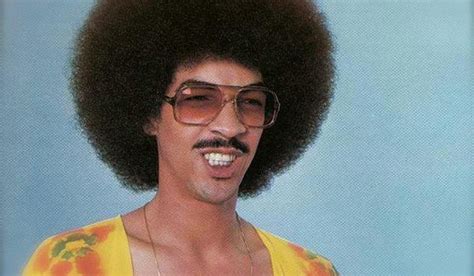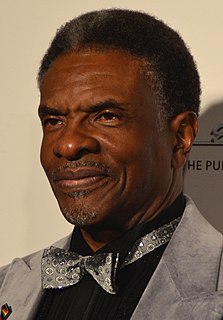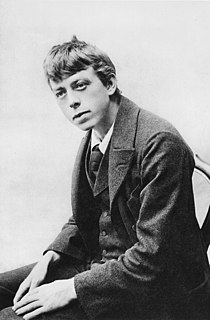A Quote by George Johnson
Whenever you read a book or have a conversation, the experience causes physical changes in your brain.
Quote Topics
Related Quotes
We're not in the physical world. The physical world is in us. We create the physical world when we perceive it, when we observe it. And also we create this experience in our imagination. And when I say "we," I don't mean the physical body or the brain, but a deeper domain of consciousness which conceives, governs, constructs and actually becomes everything that we call physical reality.
Your very eyes. How they have always been for me the command to obey, the inviolable and beautiful commandment. No, no, I'm not telling lies. Your appearance in the doorway! ... You have been my body's health. Whenever I have read a book, it was you I was reading, not the book, you were the book. You were, you were.
I always wonder: the images that hit your brain when you're young are so significant, because there's not that much information in your brain. As you get older, things just bounce off. I can remember these minute details of stupid TV shows from the '70s, and I can't remember a book I read yesterday.
As we breathe and live, have a conversation, and you look in someone's eyes, and you see a sunset or have an argument or read a book or see a painting or whatever you do, it influences you. And as you live your art, it changes and grows just like you and your soul or whatever you want to call it. For me, it's never-ending, I call it "the organizer of chaos." That's what I do with this and I present it in a way that I dream. So basically, I'm just sharing my dreams with all of you.
There's a certain kind of conversation you have from time to time at parties in New York about a new book. The word "banal" sometimes rears its by-now banal head; you say "underedited," I say "derivative." The conversation goes around and around various literary criticisms, and by the time it moves on one thing is clear: No one read the book; we just read the reviews.































